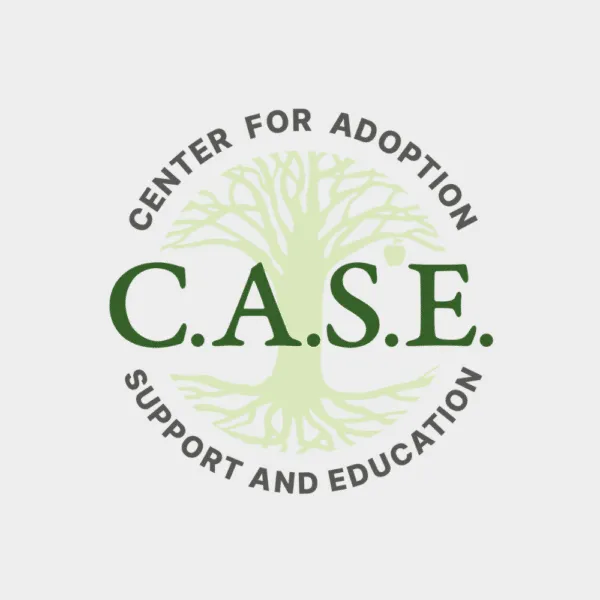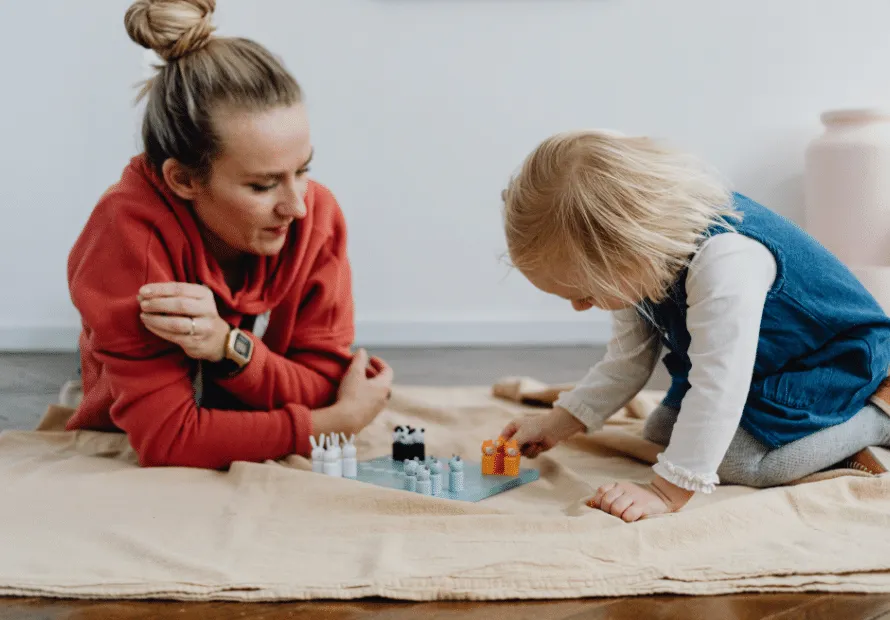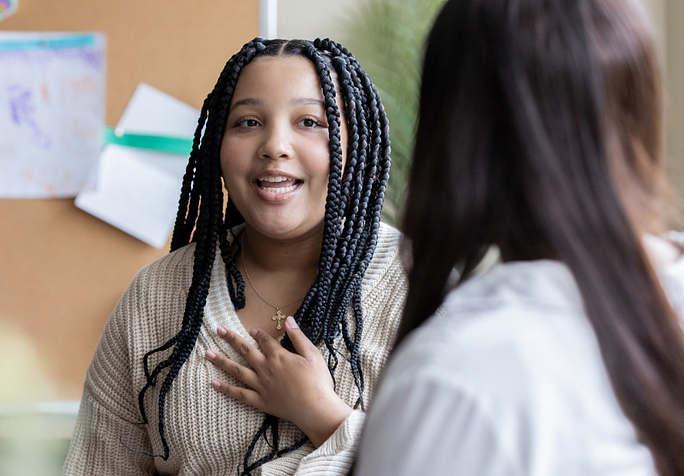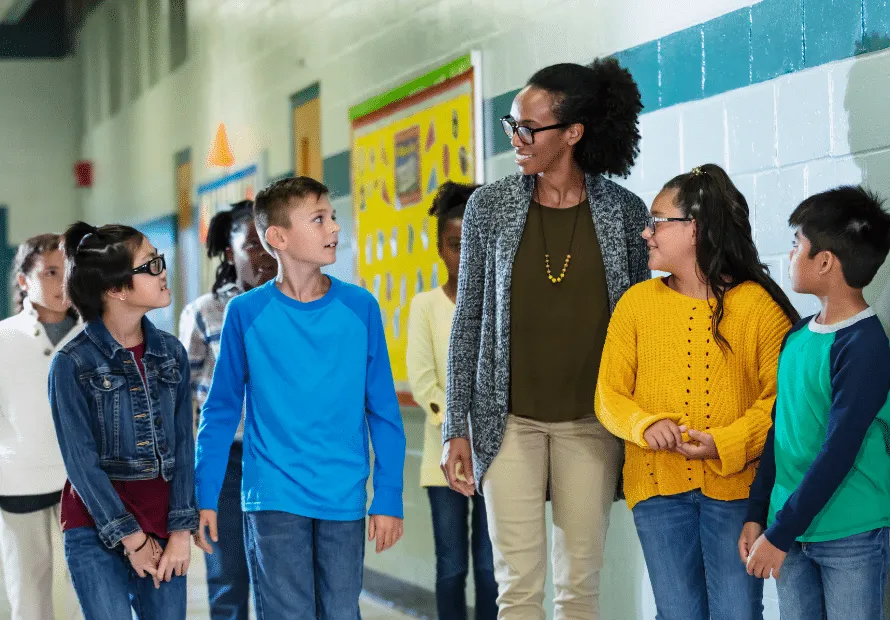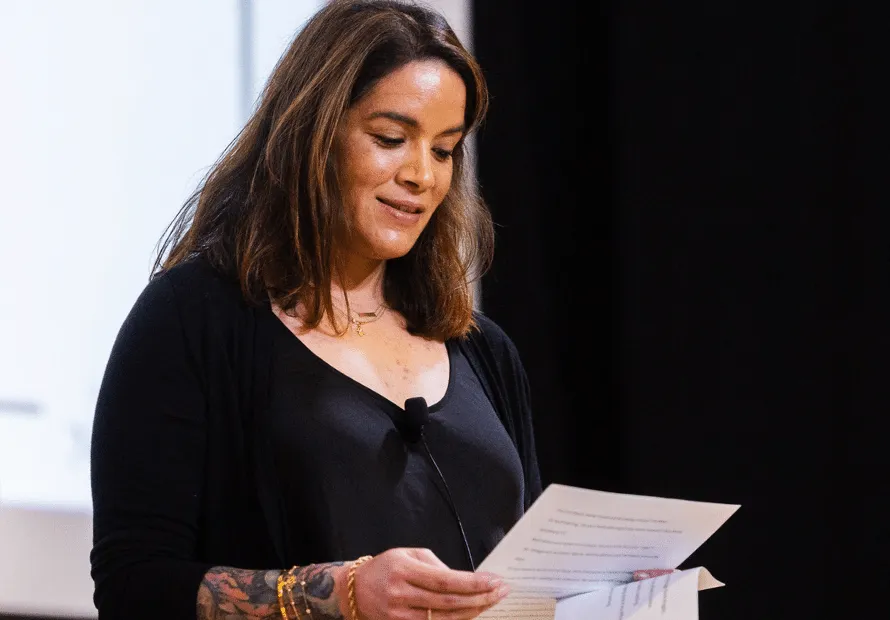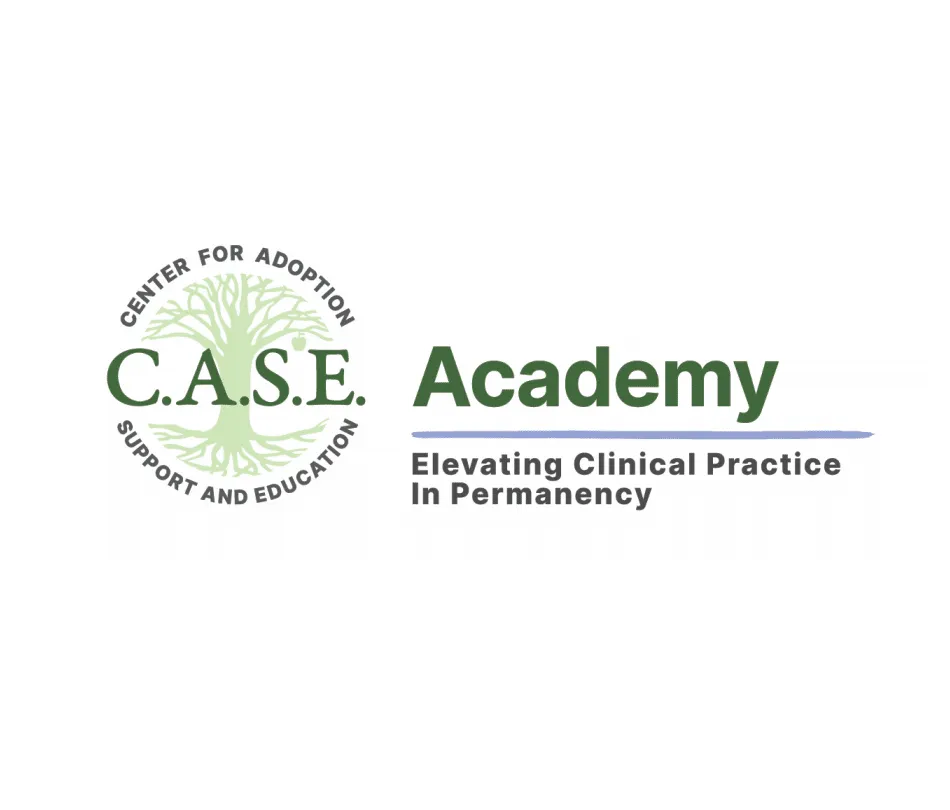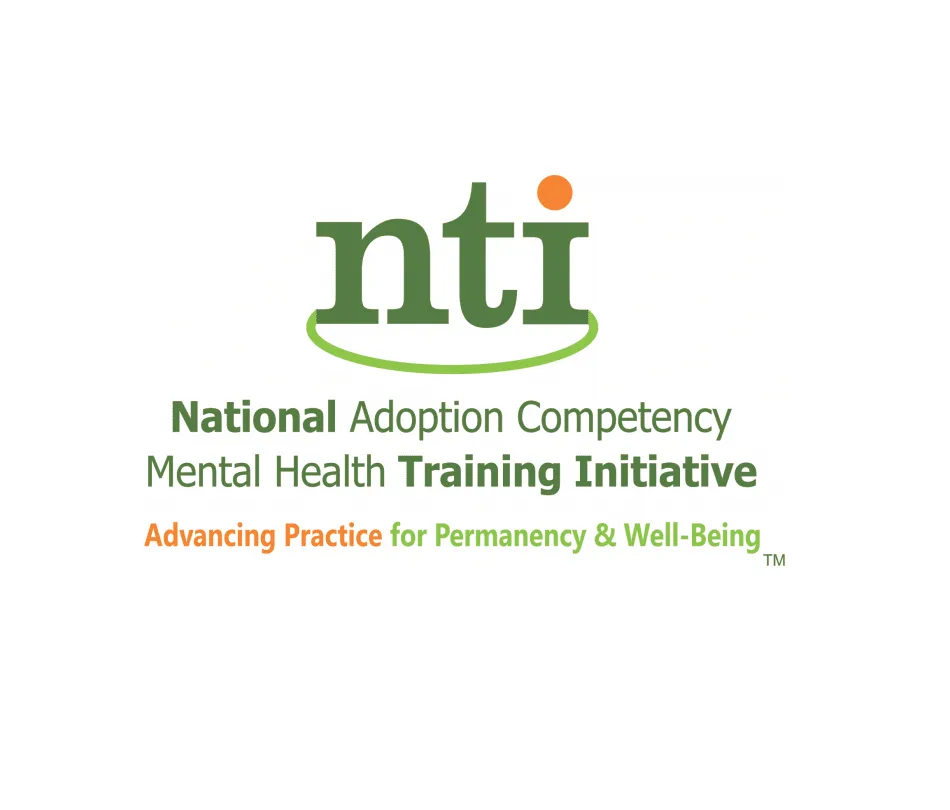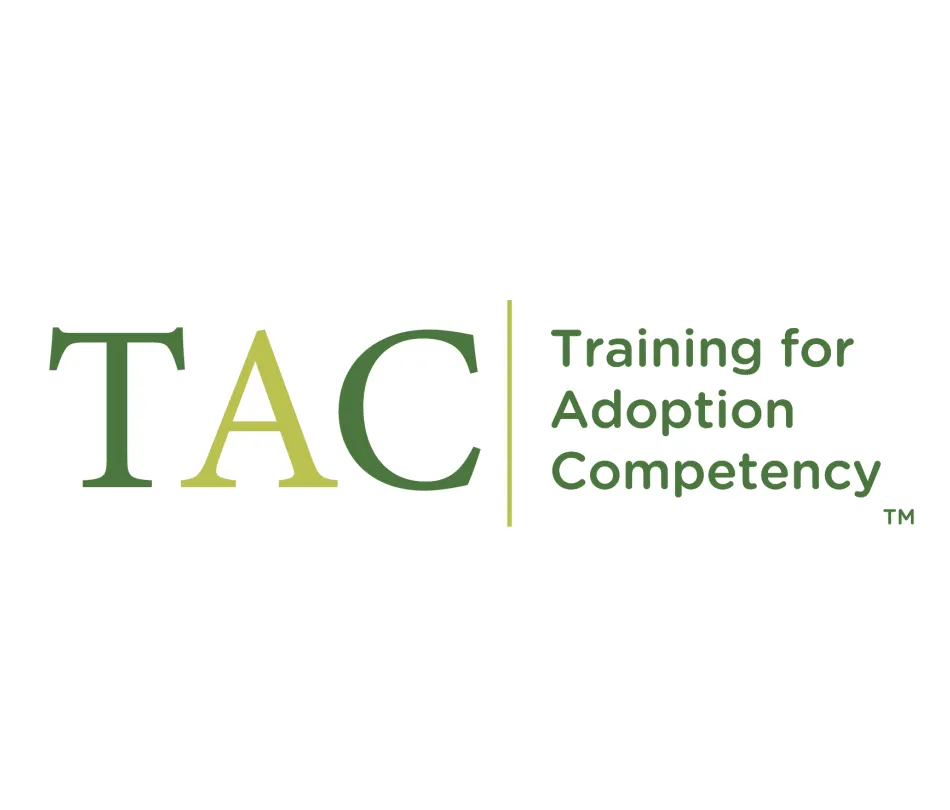Managing Anxiety of Returning to In-person Learning After a Year of Virtual Classrooms
Managing Anxiety of Returning to In-person Learning After a Year of Virtual Classrooms
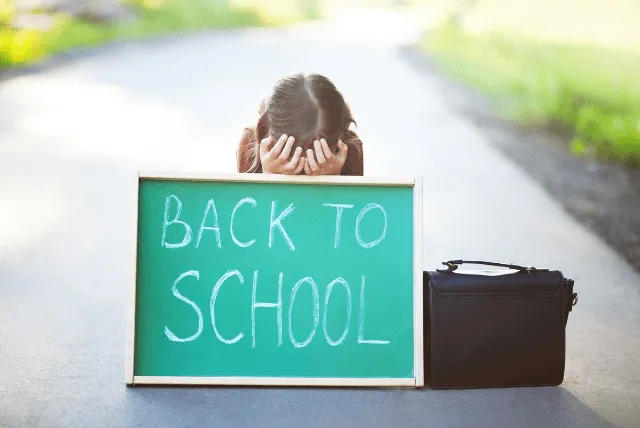
Returning to school can be challenging for all families. In typical times children have lots of mixed feelings about returning to school after summer vacation. Understandably kids miss the freedom of having more play and unstructured time that typically happens in the summertime. Returning to school in person this fall after learning virtually for most if not all of last year has extra challenges.
Kids may be feeling anxious about these things:
- Did I get behind academically?
- For new middle and high schoolers – How will I know where I’m supposed to go in a new building?
- Are my friends going to be the same? Will my friends still like me?
- Is it safe to go back to school?
Given the ever-changing status of coronavirus at the state, national and global levels, it’s no wonder that children and parents are feeling anxious about returning to school. Parents are understandably exhausted after 18 months of coping with a whole new normal – adults working at home, children learning at home and having to deal with safety guidelines regarding how we interact with others in public spaces.
In their article Coronavirus Talking Points for Parents & Teachers with the Whole-Brain Child Approach, Adrienne Hollingsworth, AMFT,and Tina Payne Bryson, LCSW, PhD write:
‘Our chaos or calm are contagious, especially to those we spend the most time with. If you’re panicked, chaotic internally, and obsessive about the news, you will dial up your child’s anxiety and they will focus on what they can’t control. If you are informed, calm internally, and share bits of information about what we can control, you will dial down your child’s anxiety. You can say something like ‘It’s great news that the doctors know how this virus gets spread. That means we know some things we can do to be healthy.’
Whew! Staying calm after 18 months of coronavirus related chaos is a lot to ask of any parent! This has been an especially difficult year and a half for families. All adopted children, even those adopted at birth, have faced some level of loss in their lives. Most kids adopted from foster care or internationally have experienced numerous adverse childhood experiences such as abuse and neglect.
Many children and youth have lived with chronic levels of toxic stress in their lives before they are adopted. Because of this, their window of tolerance or their ability to feel calm and safe is sometimes non-existent. What does this mean in everyday language?
It means that parents of children who are chronically emotionally dysregulated need a different kind of advice when dealing with any big change or transition, whether it’s returning to school, going on vacation, or preparing for a visit with a birth family member.
Let’s break this down. Every person has a window of tolerance to stress. This is a way to quantify and symbolize our ability to respond to stressful situations without flipping our lid or losing our cool. Children that grow up with secure attachments (this does not mean perfect parenting by the way) generally have a pretty large window of tolerance. Through their connection with their primary caregivers, they have learned to regulate their emotions. They may feel upset or overwhelmed — about going back to school, for example — but they are able to respond to their parents’ attempts to help them express their feelings in a safe and respectful way. For kids with secure attachments who have not experienced high levels of toxic stress, they can respond to uncertainty and changes in their routine without totally losing it.
Children with insecure attachments to their birth parents or original caregivers have not internalized this all-important ability to self soothe and regulate their emotions when distressed. In addition, children who have experienced trauma can easily perceive a minor bump in the road as a major catastrophe. This is because their window of tolerance is really small. When children live with chronic levels of toxic stress for weeks, months and years, their bodies’ stress response system can become stuck in one of several fear responses. Even though it may have been years since they lived in a physically neglectful or abusive situation, their body is still reacting as if real threats are still present.This is why it takes lots of really hard work for adoptive parents to respond to the feelings underneath the behaviors that are often challenging and exhausting.
The attached infographic provides an overview of what it means for an adopted child of any age to be emotionally dysregulated. One of the key tasks of adoptive parents is to reframe their child’s challenging behaviors through the lens of someone who has a chronically sensitized or stuck stress response system. For their own sanity, adoptive parents need to remember and be reminded by therapists that their child’s dysregulated actions are not personal. This is so hard to feel if a child is saying, ‘I hate you, don’t make me go to school!’
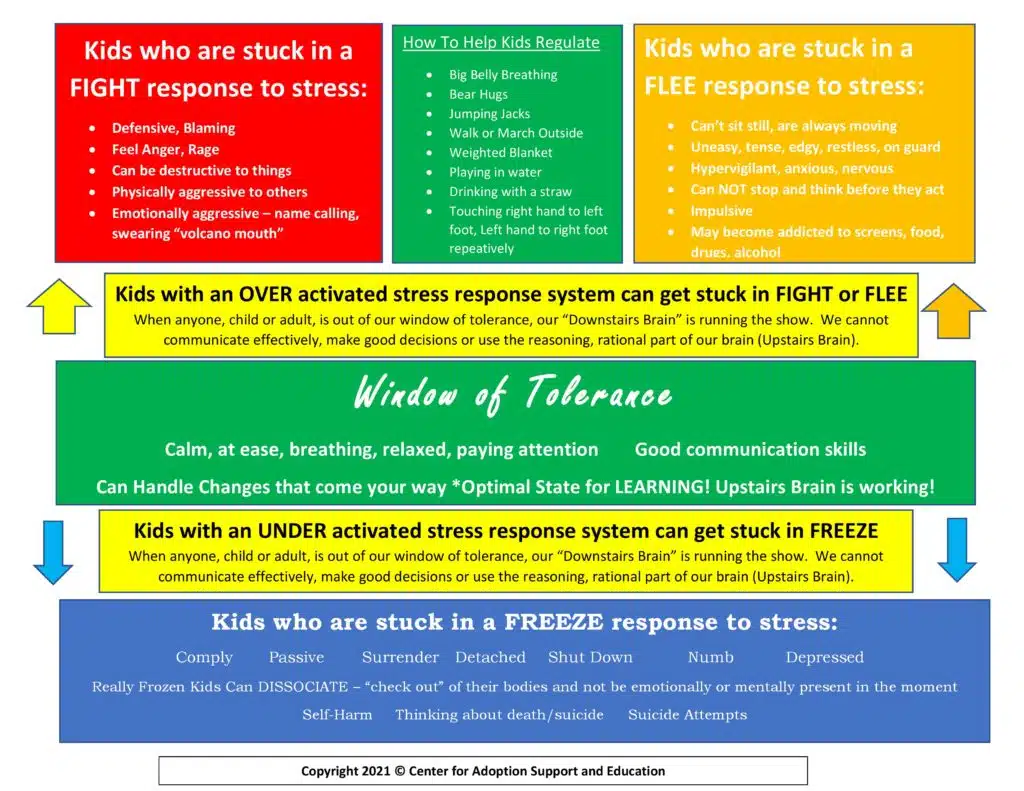
School can be a place of anxiety and extreme stress for adoptive families. This is largely because kids with chronically over or under activated stress response systems just do not have access to the ‘Upstairs” rational parts of their brain. Kids cannot learn if they’re not in their window of tolerance! When school staff and systems don’t have trauma-informed training, it’s really easy for kids to get labeled as hyperactive, obstinate, defiant or depressed which can create kids’ resistance or reluctance to going to school.
When advocating with school staff, it can be really important to focus on external support and strategies to help your child come back into their window of tolerance. A child whose biological age is 8 but has a social/emotional age of 3 cannot just ‘use their coping skills.’ They may need an aide to help them use deep breathing or other strategies to help them become calm again.
Parenting children who have experienced trauma and toxic stress in their lives before coming into your home and family is not easy. Hopefully the resources in this blog article might help adoptive parents reframe their child’s struggles and better advocate for them in their school system.
Reframe Challenging Behaviors
| Instead of…. | Try This… |
|---|---|
| Why does she hate me so much?? | She has been stuck in fear and terror for years, it’s not about me. |
| He’s so manipulative! | This is a survival strategy he’s stuck in. |
| Her anger is out of control!!! | She is stuck in a ‘Fight’ response, I’m going to be curious about the feelings underneath her anger. |
| Why can’t he just use his words? | The part of his brain that helps him use his words is really behind others his age. |
| She blatantly lies all the time! | She’s stuck in ‘Flight’ responses to perceived fear, she’s learned to evade, omit and sabotage situations to protect herself from being hurt by others. |
| My kid is just checked out and doesn’t feel anything. | My child is stuck in a ‘Freeze’ response to stress – they’re shutdown, numb and detached. |
| Why does he always blame everyone else? | He’s learned to hurt others to protect himself from being hurt. |
RESOURCES
Adoptive Parents’ Affirmation
I am not a failure! Raising a traumatized child or teen is emotionally hard work. I am the most important change agent in my child’s healing. I am learning how to reframe my child’s challenging behaviors and to understand how I am triggered by it. I am the expert on my child! I am their best advocate because I see their strengths and needs. I am learning and using strategies to help my child regulate their emotions.
Affirmation for Adopted Children
I am not a bad kid! I have lots of big feelings inside that can be scary. I am worthy of help, support and love. I have a right to grieve all of the people and places I have lost in my life. It’s OK to feel sad and to not know why. I am brave enough to feel the big feelings, it can help me not feel so full inside. I am brave enough to let my heart wake up and not keep my feelings frozen and shut down.
Written by Heather Sowers, LMSW, C.A.S.E. Adoption-Competent Therapist
